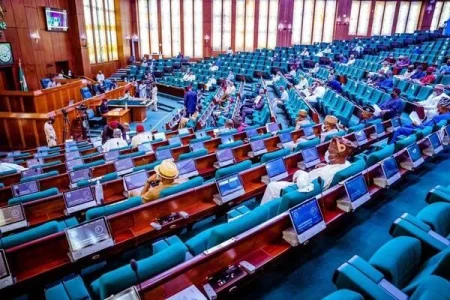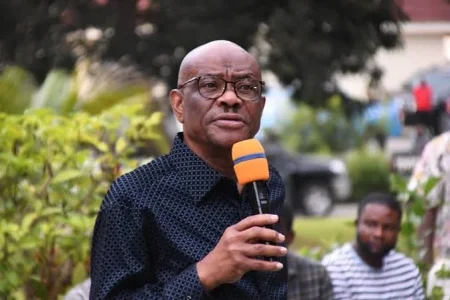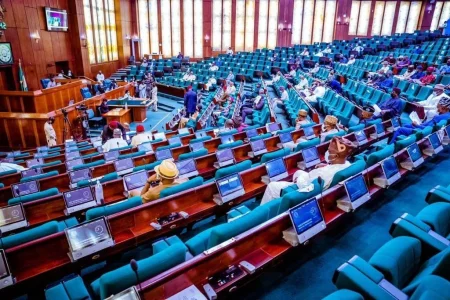
Northern lawmakers express concerns about the impact of Nigeria's tax reform bills, questioning the fairness of VAT redistribution and highlighting regional economic vulnerabilities.
Northern lawmakers in Nigeria have raised concerns about the potential impact of four tax reform bills currently under review in the National Assembly. Speaking at an interactive session with the Presidential Committee on Fiscal Policy and Tax Reforms, members of the House of Representatives from the northern region questioned whether the proposed amendments, particularly those affecting VAT distribution, adequately consider the region’s unique socio-economic challenges, including insecurity and low productivity.
The proposed tax reforms, including the Nigeria Tax Bill 2024 and the Tax Administration Bill, aim to address issues surrounding tax administration and revenue generation in the country. However, lawmakers from the north, such as Rep. Yusuf Adamu Gagdi (APC, Plateau) and Rep. Ahmed Jaha Babawo (APC, Borno), expressed concerns that the reforms, especially the changes to VAT allocation, could further disadvantage their region.
In particular, the proposed adjustment to the VAT distribution formula, which has sparked significant debate, would shift the distribution towards consumption rather than the location of corporate headquarters. Critics argue that this could harm states already struggling with insecurity and a lack of economic vitality, such as Borno, which has been devastated by insurgency.
Senator Abdurahman Kawu Sumaila of Kano South reassured constituents that northern lawmakers would prioritize their wishes and ensure that any legislation passed aligns with the broader national interest. He emphasized that ongoing consultations would guide their decisions, and national unity would remain the guiding principle for all debates.
Despite the opposition, the Chairman of the Federal Inland Revenue Service (FIRS), Dr. Zacch Adedeji, defended the proposed reforms, arguing that the current VAT distribution is skewed and unfair to many states, particularly those in the north. He assured lawmakers that the reform would ensure a more equitable allocation based on actual consumption.
President Bola Tinubu has maintained that the legislative process should continue, stating that amendments and consultations would continue as part of the ongoing deliberations, which he believes are essential to achieving a fairer fiscal policy. However, many lawmakers remain wary of the potential negative effects these changes could have on the northern economy, already grappling with the repercussions of widespread insecurity.



![[VIDEO] Akwa Ibom Youths Rally Behind Tinubu, Akpabio, Eno Ahead of 2027](/data/attachments/226/226802-7ae287459635705a15dc5102d13e160a.jpg?hash=O9Xth_4PRG)
